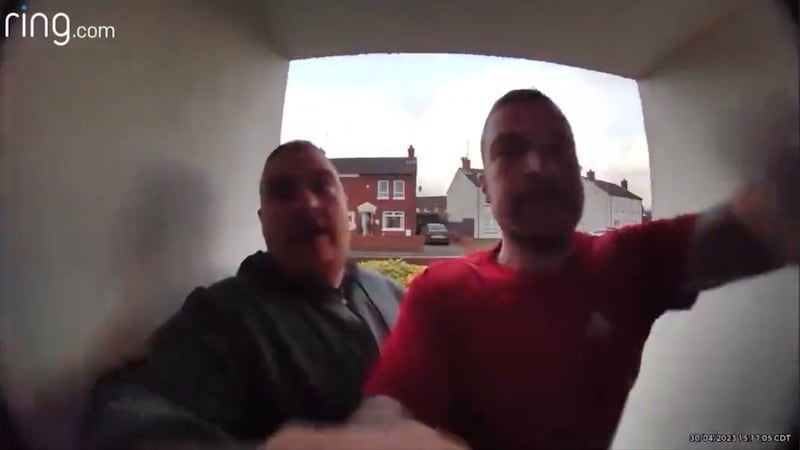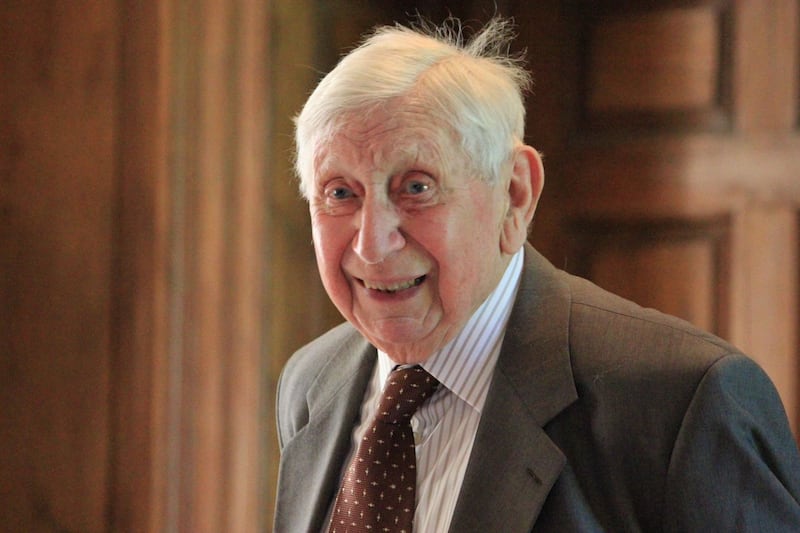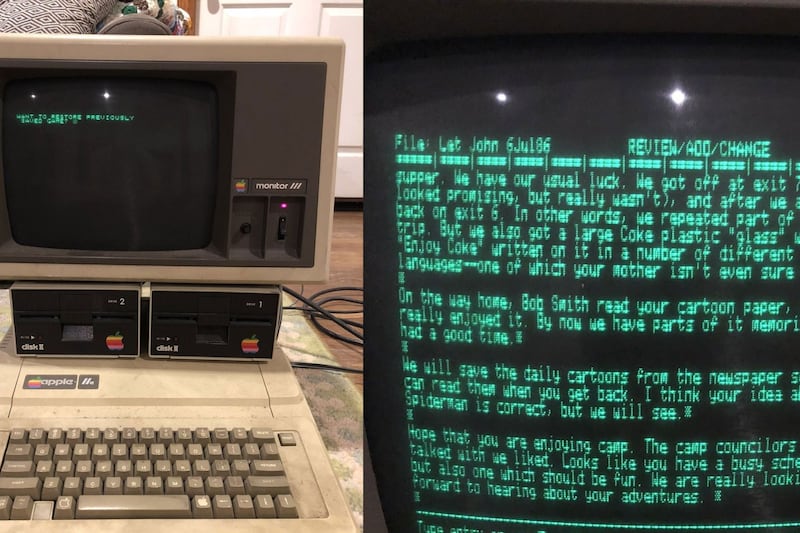POLICE interviewed a man suspected of making indecent images of children five years after first seizing his computer, leading a senior judge to reveal there was a backlog of cases involving the forensic examination of devices.
The sentence of the man, who pleaded guilty to producing images of the most serious type, was affected by the “inordinately long period” between the seizure and interview.
An expanding digital footprint means police investigating crimes, both sexual offences and across all categories, have to deal with a vast amount of more evidence, criminal justice expert Jonny Byrne said.
Detective Superintendent Lindsay Fisher said: “The vast majority of crimes now have a digital or online element and so there has been an exponential growth in volume as well as the complexity of the cases reported to us in the last decade.”
County Court Judge Geoffrey Miller, sitting at Laganside, sentenced the offender to an enhanced combination order, including community service and supervision.
The man had pleaded guilty to five charges of producing indecent images, including what was described as pseudo images. The images were category A – the most serious in law.
Judge Miller said the court had to consider the “inordinately long period” between the seizure of the computer in April 2017 and the first police interview in May 2022.
This was caused, he said, because of the “backlog of cases of this nature where forensic examination has to take place of electronic devices”.
Det Supt Fisher, not commenting on the specific case, said “perpetrators in these spaces educate themselves in illegal loop holes and often frequent the dark web to hone in on how they can operate in these spaces to attempt to go undetected”.
Ms Fisher added: “They often have numerous devices that our officers seize and sadly found within can be thousands of illicit images, videos and conversations that all need to be detected, downloaded and dissected.
“This is an absolutely gruelling job for our officers. The imagery that they not only have to watch numerous times but also detail for evidential purposes is horrific. It is also important to note that behind this ‘imagery’ are children who have suffered unimaginably.”
Mr Byrne, a senior lecturer in criminal justice at Ulster University, said policing in general is “trying to keep up with the advancements in technology and its impact on investigating crime”.
“The expanding nature of people’s digital footprints mean vast amounts of data and potential evidence,” Mr Byrne said.
The PSNI said its Child Internet Protection Team (Cipt), in 2022, was the busiest since its inception in 2010. Last year, they carried 145 overt searches, 43 per cent more than 2021, seized thousands of devices and uncovered tens of thousands of indecent images of children.
In total, 56 arrests were made while 83 targeted child predators were convicted last year, an increase of 38 per cent from 2021.
Britain’s Inspectorate of Constabulary, in a December 2022 report, concluded “some forces were overwhelmed”.
“This led to huge delays in examining devices, which had a knock-on effect on both victims’ wellbeing and chances of a successful prosecution,” the inspectorate said.
Mr Byrne said: “Think about dash cams, laptops, tablets, phones, CCTV, ring door bells.
“All of these devices collect information and all may require harvesting during any investigation.
“Not only does this require people, it very often requires individuals with a set of specific skills.
“For instance it can take several months to fully access all of the information on a mobile phone given issues such as encryption, the ownership of software, and existing backlogs.”
Across the world, there is an increase in civilians working with the police, usually in specialised roles, Mr Byrne added.
“That is because they have the education, skills and capabilities to work in that area.
“Unfortunately, given the security situation in Northern Ireland it is slightly more challenging to recruit from the private sector.”
Det Supt Fisher added: “With forensic science, there are many things you cannot do immediately and each case is different.
“There is no ‘one size fits all’ investigation. Having the extracted data is one thing, but analysing possibly thousands of pieces of potential evidence from just one device once you’ve obtained it is quite another, taking a huge amount of time and skill.”








